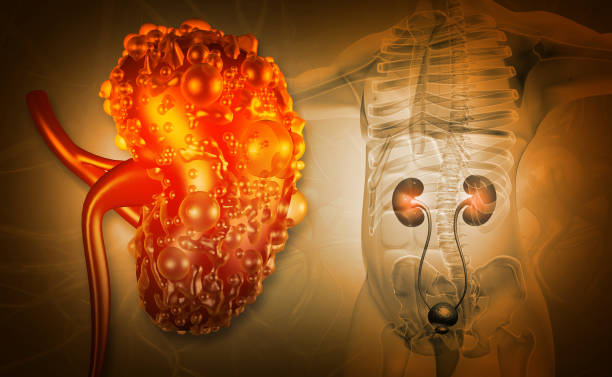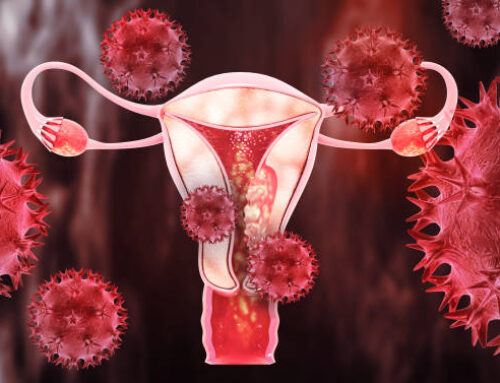In the realm of healthcare, understanding the significance of routine tests is crucial for maintaining overall well-being. Among these, the creatinine test Pune stands out as a vital tool in assessing kidney function and overall health. If you’re in Pune and seeking reliable diagnostic services, look no further than Sunrise Diagnostic Centre. We provide Creatinine Test in Pune services in Kothrud, Warje, Karve Nagar, Shivane, Narhe, Hingane, Sinhgad Road, Dhayari, Bavdhan, Paud Road, Chandani Chowk, Aundh, Baner, Pashan, Shivaji Nagar & Deccan Gymkhanaetc.
Table of Contents
What is a Creatinine Test?
A creatinine test measures the level of creatinine in your blood or urine. Creatinine is a waste product produced by muscles from the breakdown of a compound called creatine. Normally, your kidneys filter creatinine out of your blood. The creatinine level in your blood can provide important information about how well your kidneys are functioning.
Types of Creatinine Tests
- Serum Creatinine Test: This blood test measures the amount of creatinine in your bloodstream. Elevated levels can indicate impaired kidney function.
- Creatinine Clearance Test: This test compares the level of creatinine in your urine with the creatinine level in your blood to assess the efficiency of your kidneys in filtering waste.
- Urine Creatinine Test: Often conducted over 24 hours, this test measures the total amount of creatinine excreted in the urine, providing insight into kidney function.
Why is the Creatinine Test Important?
- Assessment of Kidney Function: The primary function of the kidneys is to filter waste products from the blood and excrete them through urine. Creatinine levels serve as a reliable marker for estimating the glomerular filtration rate (GFR), which reflects how well the kidneys are filtering waste.
- Detection of Kidney Disorders: Elevated creatinine levels can signify various kidney disorders, such as chronic kidney disease (CKD), acute kidney injury (AKI), or nephrotic syndrome. Early detection through regular creatinine testing enables timely intervention and management of these conditions.
- Monitoring Disease Progression: For individuals with known kidney disease, regular monitoring of creatinine levels helps track disease progression and assess the effectiveness of treatment strategies.
- Evaluation of Medication Toxicity: Certain medications can exert harmful effects on the kidneys, leading to elevated creatinine levels. Monitoring creatinine levels is essential for assessing the renal toxicity of medications and adjusting dosage regimens accordingly.
Preparing for a Creatinine Test
Preparation for a creatinine test is generally straightforward. For a blood test, you may need to avoid eating or drinking anything except water for a few hours before the test. For a urine test, you might need to collect urine over a 24-hour period.
Creatinine Test Procedure
Serum Creatinine Test
- A healthcare professional will draw a blood sample, usually from a vein in your arm.
- The sample is sent to a lab for analysis.
- Results are typically available within a day or two.
Creatinine Clearance Test
- You’ll collect urine over a 24-hour period.
- A blood sample will be taken during this period.
- Both samples are analyzed to determine how effectively your kidneys are filtering creatinine.
Urine Creatinine Test
- Collect a urine sample, usually over a 24-hour period.
- The sample is analyzed to measure the amount of creatinine excreted.
Interpretation of Results:
The interpretation of creatinine test results depends on various factors, including age, gender, muscle mass, and individual health conditions. In general, normal creatinine levels range from 0.6 to 1.2 milligrams per deciliter (mg/dL) in the blood for adult males and 0.5 to 1.1 mg/dL for adult females. However, optimal ranges may vary slightly between laboratories.
Elevated creatinine levels may indicate impaired kidney function, dehydration, muscle breakdown (rhabdomyolysis), or other medical conditions. Conversely, abnormally low creatinine levels may be associated with reduced muscle mass or certain health conditions.
Cost of Creatinine Test in Pune
At Sunrise Diagnostic Centre, the cost of a creatinine test is Rs. 160. We offer competitive pricing to ensure that essential health tests are accessible to everyone.
Frequently Asked Questions (FAQs):
What causes high creatinine levels?
- High creatinine levels can result from kidney dysfunction, dehydration, certain medications, muscle injury, or strenuous exercise.
How can I lower my creatinine levels?
- Maintaining a healthy lifestyle, staying hydrated, managing underlying health conditions, and avoiding nephrotoxic substances can help lower creatinine levels.
Is the Creatinine Test painful?
- No, the Creatinine Test is a simple and minimally invasive procedure that involves either a blood draw or urine collection, which is generally painless.
In conclusion, the creatinine test serves as a valuable tool in evaluating kidney function and overall health. Whether you’re proactively monitoring your health or managing an existing condition, regular testing is key. At Sunrise Diagnostic Centre, we prioritize accessibility and affordability, ensuring that essential healthcare services are within reach for all residents of Pune. Contact us today at +91 9028801188 / 9028566644 to schedule your creatinine test at one of our convenient locations. Take charge of your health journey with Sunrise Diagnostic Centre.







